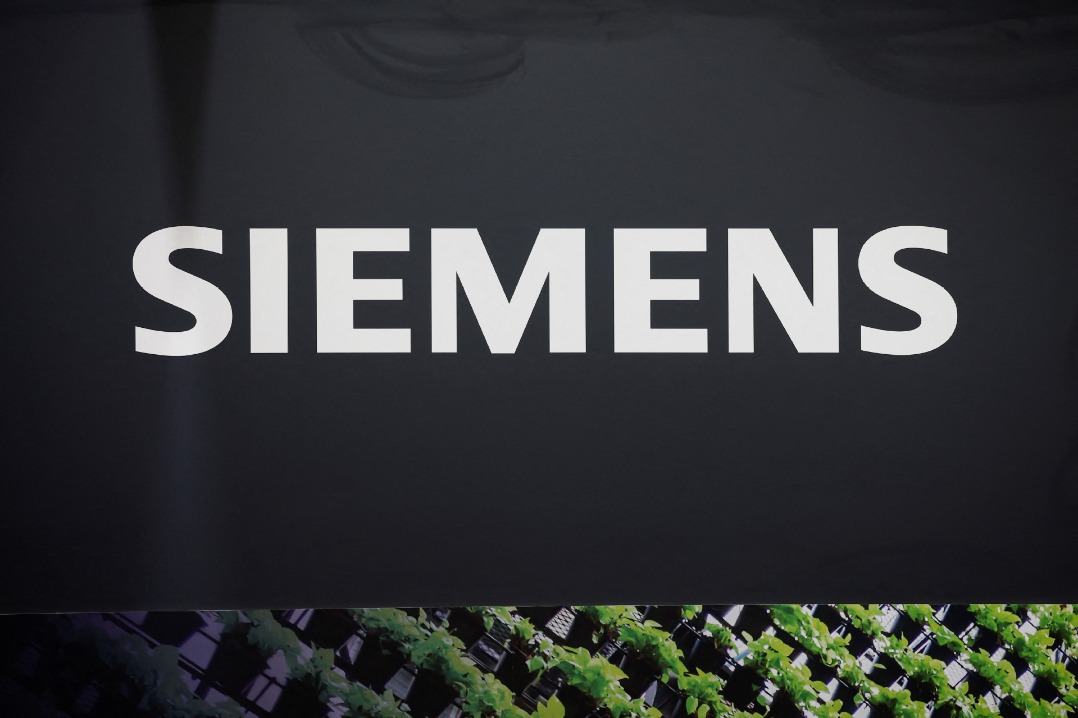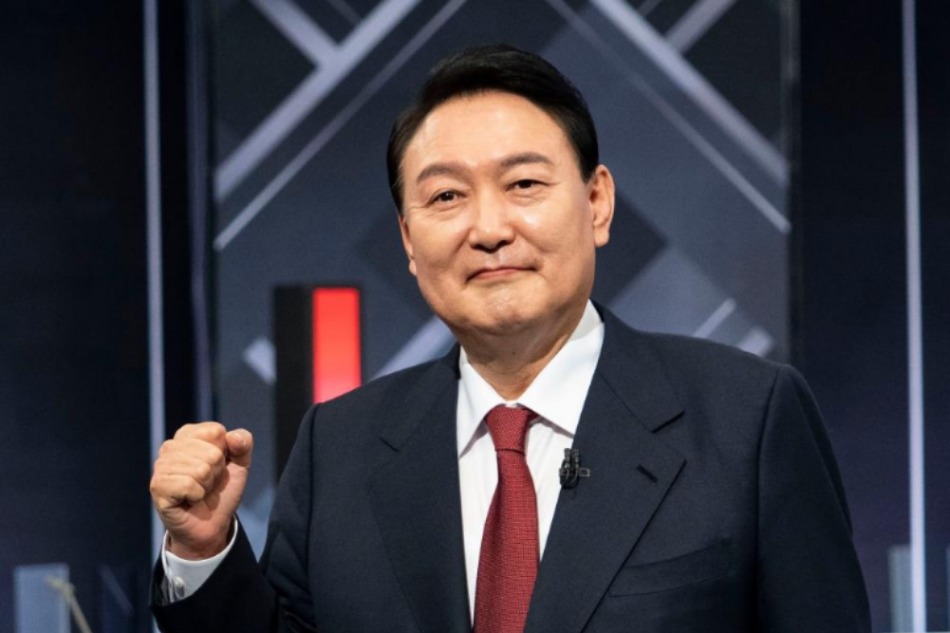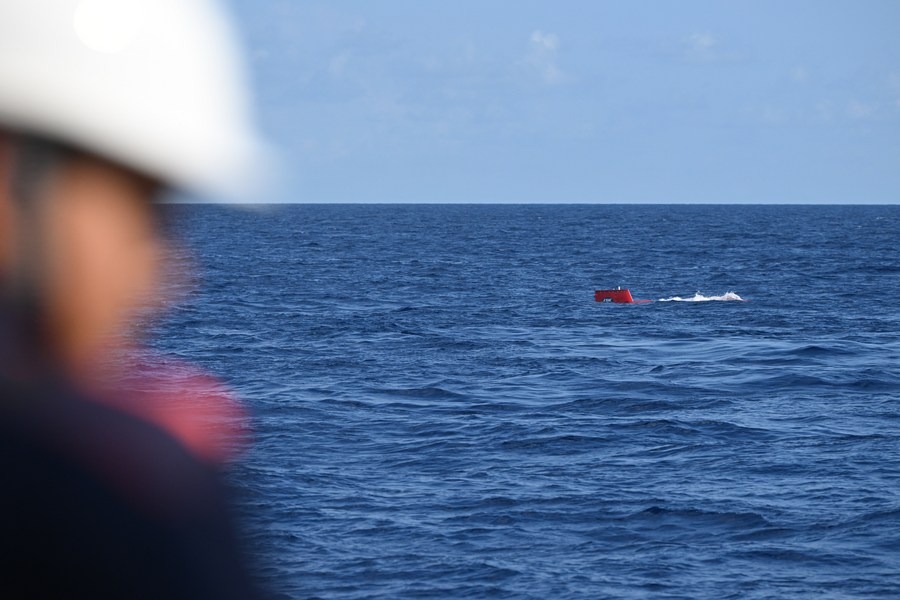Cui: US accusations 'groundless'

In the escalating trade tensions with China, US officials have repeatedly accused Beijing of stealing intellectual property and forcing technology transfers, and US Vice-President Mike Pence earlier this month said much of China’s economic success was driven by American investment.
Chinese ambassador to the US Cui Tiankai, however, said all the accusations about how China has developed are “groundless” and “not fair” to the Chinese people.
“You see China has 1.4 billion people. It would be hard to imagine that one-fifth of the global population could develop and prosper not by relying mainly on their own efforts but by stealing or forcing some transfer of technology from others,” Cui said in an interview with Fox News Sunday’s Chris Wallace.
“That’s impossible. The Chinese people are as hard-working and diligent as anybody on earth,” he said.
The interview, conducted on Friday, started with comments on a litany of complaints Pence made against China last week, including what he alleged China’s efforts to interfere in the US midterm election by specifically targeting tariffs at Republican voters.
Cui said China has been “consistent” in pursuing the fundamental principle of not interfering in the internal affairs of other countries, and the country has a “very good” track record in this regard.
As to the paid advertisements placed in US newspapers, Cui said Chinese media are just learning from American media, to use all means to buy commercial pages in newspapers to make their views known or to cover what is happening here.
“This is normal practice for all the media,” the envoy said.
Cui said it is important to notice who started the trade friction.
“We never want to have a trade war. But if somebody started a trade war against us, we have to respond and defend our own interests,” he said.
Asked to comment on the impact of the trade tensions on the global economy and the “sharp drop” in the stock market last week, Cui said China and the US have the responsibility to ensure “positive and constructive” bilateral relations.
“That will enhance people’s confidence in the prospects of the global economy. This is our shared responsibility,” he said.
When asked if he was clear who US President Donald Trump listens to on trade issues, whether it’s moderates or hard-liners, the envoy replied, “You tell me.”
Cui added, “Honestly, I’ve been talking to ambassadors of other countries in Washington DC, and this is also part of their problem.”
He said the diplomats don’t know who the final decision-maker is.
“Of course, presumably, the president will take the final decision, but who is playing what role?” Cui asked. “Sometimes it could be very confusing.”
The ambassador said the two earlier encounters between President Trump and President Xi Jinping had made it clear that such top-level communication played “a key role”, an “irreplaceable” role in guiding the relationship forward, and there is good mutual understanding and a good working relationship between the two.
“I hope, and I’m sure, this will continue,” he said in response to Wallace’s question about what to expect from a possible meeting between Xi and Trump in Buenos Aires at the G20 Summit next month.
Larry Kudlow, Trump’s chief economic advisor, speaking on another Fox News Sunday program, also said, “The presidents will probably meet at the G20 in Buenos Aires.”
In the interview, Wallace also showed Cui a picture in which a Chinese warship recently “harassed” a US ship exercising “freedom of navigation” in the South China Sea. He asked the ambassador if he would view US ship movements and arms sales to Taiwan as provocations.
Cui said the incident took place in the South China Sea, which is at China’s doorstep.
“It’s not Chinese warships that are going to the coast of California or to the Gulf of Mexico,” Cui said. “So who is on the offensive? Who is on the defensive? This is very clear.”
As to American arms sale to Taiwan, that is a “very good” example of American intervention in Chinese internal affairs, he said.


































